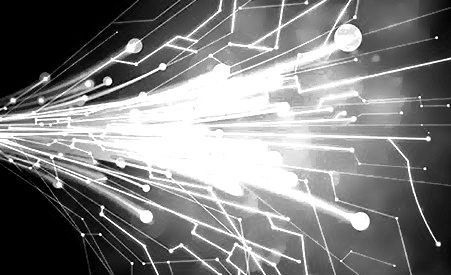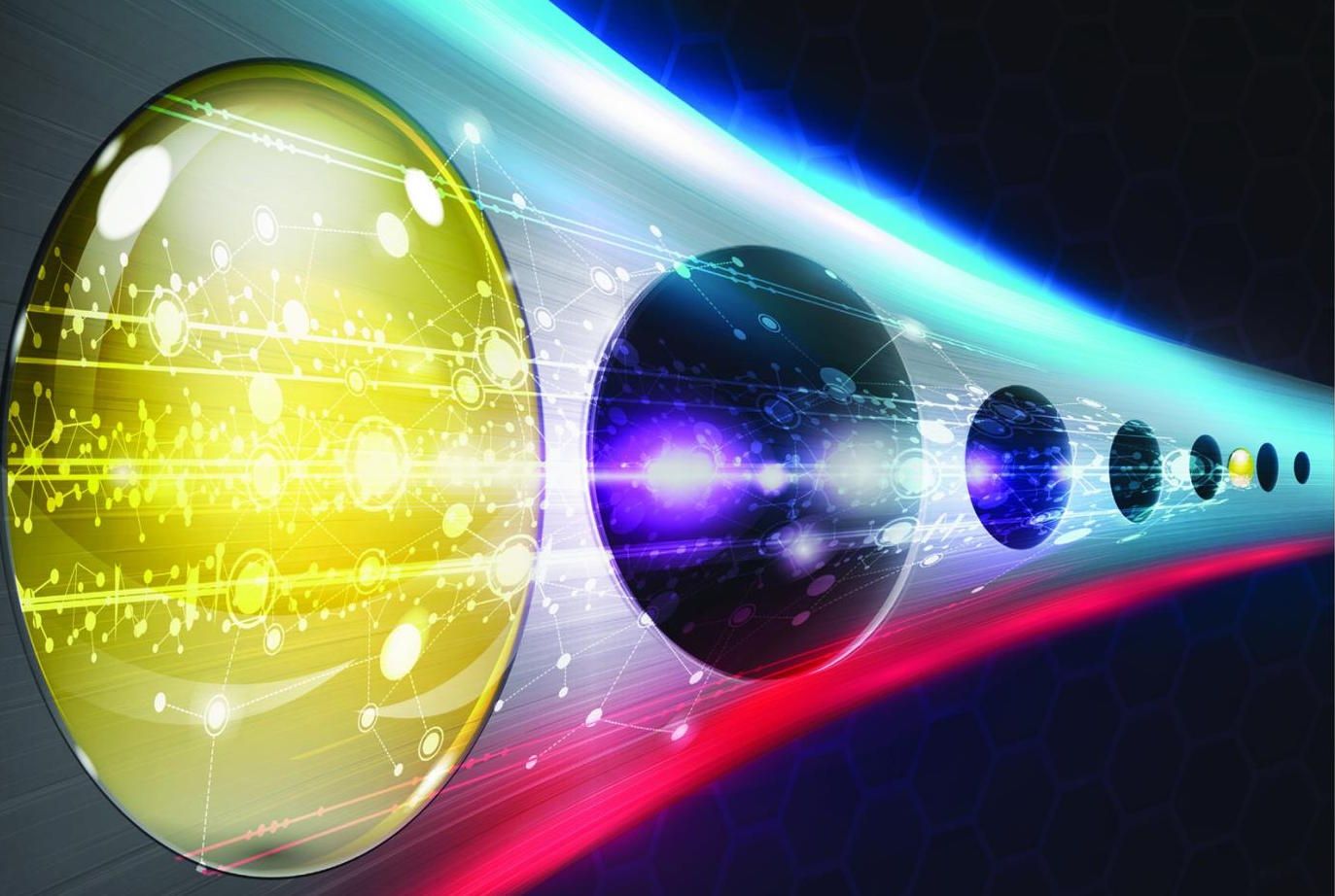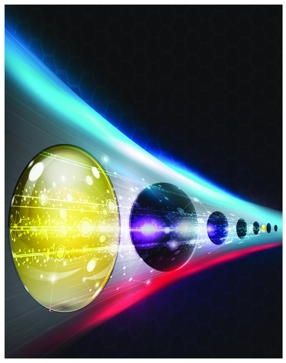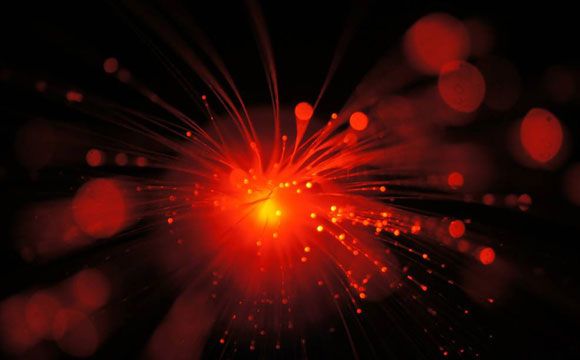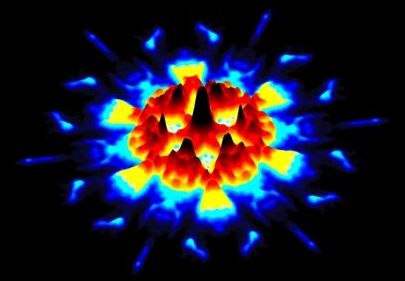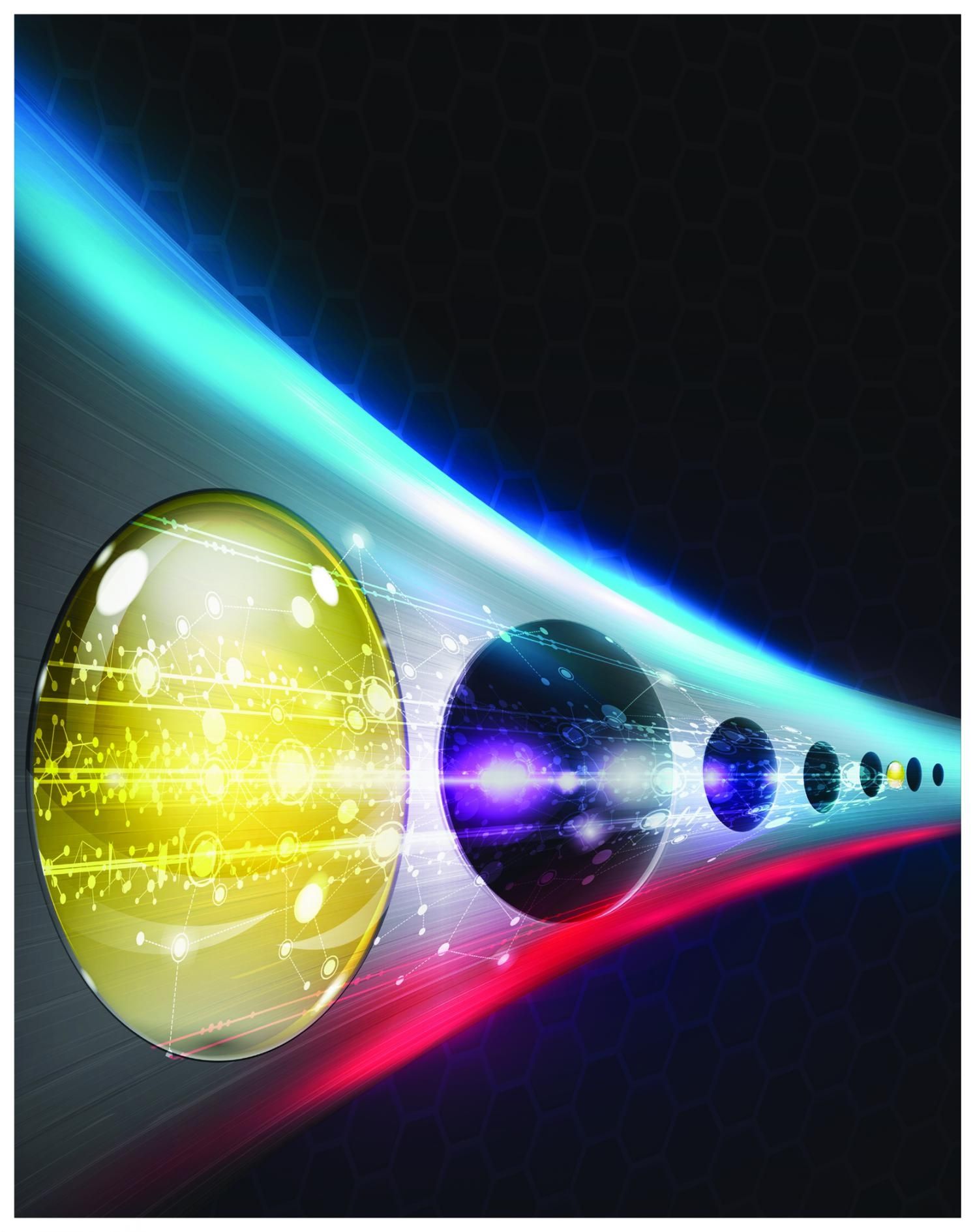Archive for the ‘quantum physics’ category: Page 754
Oct 15, 2016
IEEE Reboots, Scans for Future Architectures
Posted by Karen Hurst in categories: computing, information science, quantum physics, solar power, sustainability
If there is any organization on the planet that has had a closer view of the coming demise of Moore’s Law, it is the Institute of Electrical and Electronics Engineers (IEEE). Since its inception in the 1960s, the wide range of industry professionals have been able to trace a steady trajectory for semiconductors, but given the limitations ahead, it is time to look to a new path—or several forks, to be more accurate.
This realization about the state of computing for the next decade and beyond has spurred action from a subgroup, led by Georgia Tech professor Tom Conte and superconducting electronics researcher, Elie Track called “Rebooting Computing,” which produces reports based on invite-only deep dives on a wide range of post-Moore’s Law technologies, many of which were cited here this week via Europe’s effort to pinpoint future post-exascale architectures. The Rebooting Computing effort is opening its doors next week for a wider-reaching, open forum in San Diego to bring together new ideas in novel architectures and modes of computing as well as on the applications and algorithm development fronts.
According to co-chair of the Rebooting Computing effort, Elie Track, a former Yale physicist who has turned his superconducting circuits work toward high efficiency solar cells in his role at startup Nvizix, Moore’s Law is unquestionably dead. “There is no known technology that can keep packing more density and features into a given space and further, the real issue is power dissipation. We just cannot keep reducing things further; a fresh perspective is needed.” The problem with gaining that view, however, is that for now it means taking a broad, sweeping look across many emerging areas; from quantum and neuromorphic devices, approximate computing, and a wide range of other technologies. “It might seem frustrating that this is general, but there is no clear way forward yet. What we all agree on is that we need exponential growth in computing engines.”
Continue reading “IEEE Reboots, Scans for Future Architectures” »
Oct 15, 2016
For the First Time, Researchers Bridge Quantum Computers on a Single Chip
Posted by Karen Hurst in categories: computing, quantum physics
Luv it and not surprised since we have proven we can make QC scalable and Google’s new QC Device launches in 2017.
Maybe building a full-scale quantum computer is just a matter of linking a bunch of small ones.
Oct 15, 2016
Scientists claim to have discover what existed BEFORE the beginning of the universe
Posted by Karen Hurst in categories: cosmology, information science, mathematics, quantum physics
Nice.
There are many scientific and non-scientific varieties of the answer about what came before Big Bang. Some say there was literally nothing and some say a black hole or a multiverse. But now a group of mathematicians from Canada and Egypt have analyzed some cutting edge scientific theory and a complex set of equations to find what preceded the universe in which we live. Their research paper has been published in Nature.

Oct 15, 2016
Diamonds aren’t forever: Sandia, Harvard team create first quantum computer bridge
Posted by Karen Hurst in categories: 3D printing, computing, nanotechnology, quantum physics
Another article on the QC advancement; however, as I told folks synthetic diamonds are key plus the crystalized formation are proven to be very useful not only in QC processing; but also for the light-based (Quantum) networking. I see this only the beginning (as we have seen with Synthetic DNA data storage) for synthetic gem crystalize formations in their usage in technology. Hoping folks are checking out the 3D Printers creating these synthetics because we truly are on the path of seeing our world transform to new levels never imagined.
Abstract: By forcefully embedding two silicon atoms in a diamond matrix, Sandia researchers have demonstrated for the first time on a single chip all the components needed to create a quantum bridge to link quantum computers together.
“People have already built small quantum computers,” says Sandia researcher Ryan Camacho. “Maybe the first useful one won’t be a single giant quantum computer but a connected cluster of small ones.”
Oct 15, 2016
Chinese scientists achieve high-power quantum computing
Posted by Karen Hurst in categories: computing, military, particle physics, quantum physics
China’s latest work on QC.
If early mechanical computers were never introduced to expand people’s computing ability, the invention of the atomic bomb would have gone out the window, and human history would have been rewritten.
This highlights the significance of computer simulation in scientists’ exploration of the physical world, which also explains their strong motivation in continuously pursuing higher computing power.
Continue reading “Chinese scientists achieve high-power quantum computing” »
Oct 15, 2016
Teleporting Toward a Quantum Internet
Posted by Karen Hurst in categories: encryption, internet, mobile phones, quantum physics
New experiments in Calgary tested quantum teleportation in actual infrastructure, representing a major step forward for the technology.
Quantum physics is a field that appears to give scientists superpowers. Those who understand the world of extremely small or cold particles can perform amazing feats with them — including teleportation — that appear to bend reality.
The science behind these feats is complicated, and until recently, didn’t exist outside of lab settings. But that’s changing: researchers have begun to implement quantum teleportation in real-world contexts. Being able to do so just might revolutionize modern phone and Internet communications, leading to highly secure, encrypted messaging.
Oct 15, 2016
Los Alamos research team develops new quantum dot solar procedures
Posted by Karen Hurst in categories: internet, quantum physics, solar power, sustainability
Los Alamos is the 1st place where QC Internet was launched.
A research team from Los Alamos National Laboratory published a paper in the journal Nature Energy this week that demonstrates an effective method for scaling up quantum dot solar power technology from production models to full-sized windows that could power a building.
“We are developing solar concentrators that will harvest sunlight from building windows and turn it into electricity, using quantum-dot based luminescent solar concentrators,” lead scientist and leader of the Los Alamos Center for Advanced Solar Photophysics (CASP) Victor Klimov said.
Continue reading “Los Alamos research team develops new quantum dot solar procedures” »
Oct 15, 2016
Physics Breakthrough: Quasiparticle Formation Was Observed for the First Time Ever
Posted by Karen Hurst in categories: particle physics, quantum physics
In Brief:
- Normally formation happens in attoseconds and an attosecond is to a second what a second is to about 31.71 billion years.
- Further study of the particle could lead to quantum processors and ultra-fast electronics.
Oct 14, 2016
Diamonds aren’t forever: Team create first quantum computer bridge
Posted by Shane Hinshaw in categories: computing, particle physics, quantum physics
By forcefully embedding two silicon atoms in a diamond matrix, Sandia researchers have demonstrated for the first time on a single chip all the components needed to create a quantum bridge to link “People have already built small quantum computers,” says Sandia researcher Ryan Camacho. “Maybe the first useful one won’t be a single giant quantum computer but a connected cluster of small ones.”
Distributing quantum information on a bridge, or network, could also enable novel forms of quantum sensing, since quantum correlations allow all the atoms in the network to behave as though they were one single atom.
The joint work with Harvard University used a focused ion beam implanter at Sandia’s Ion Beam Laboratory designed for blasting single ions into precise locations on a diamond substrate. Sandia researchers Ed Bielejec, Jose Pacheco and Daniel Perry used implantation to replace one carbon atom of the diamond with the larger silicon atom, which causes the two carbon atoms on either side of the silicon atom to feel crowded enough to flee. That leaves the silicon atom a kind of large landowner, buffered against stray electrical currents by the neighboring non-conducting vacancies.

